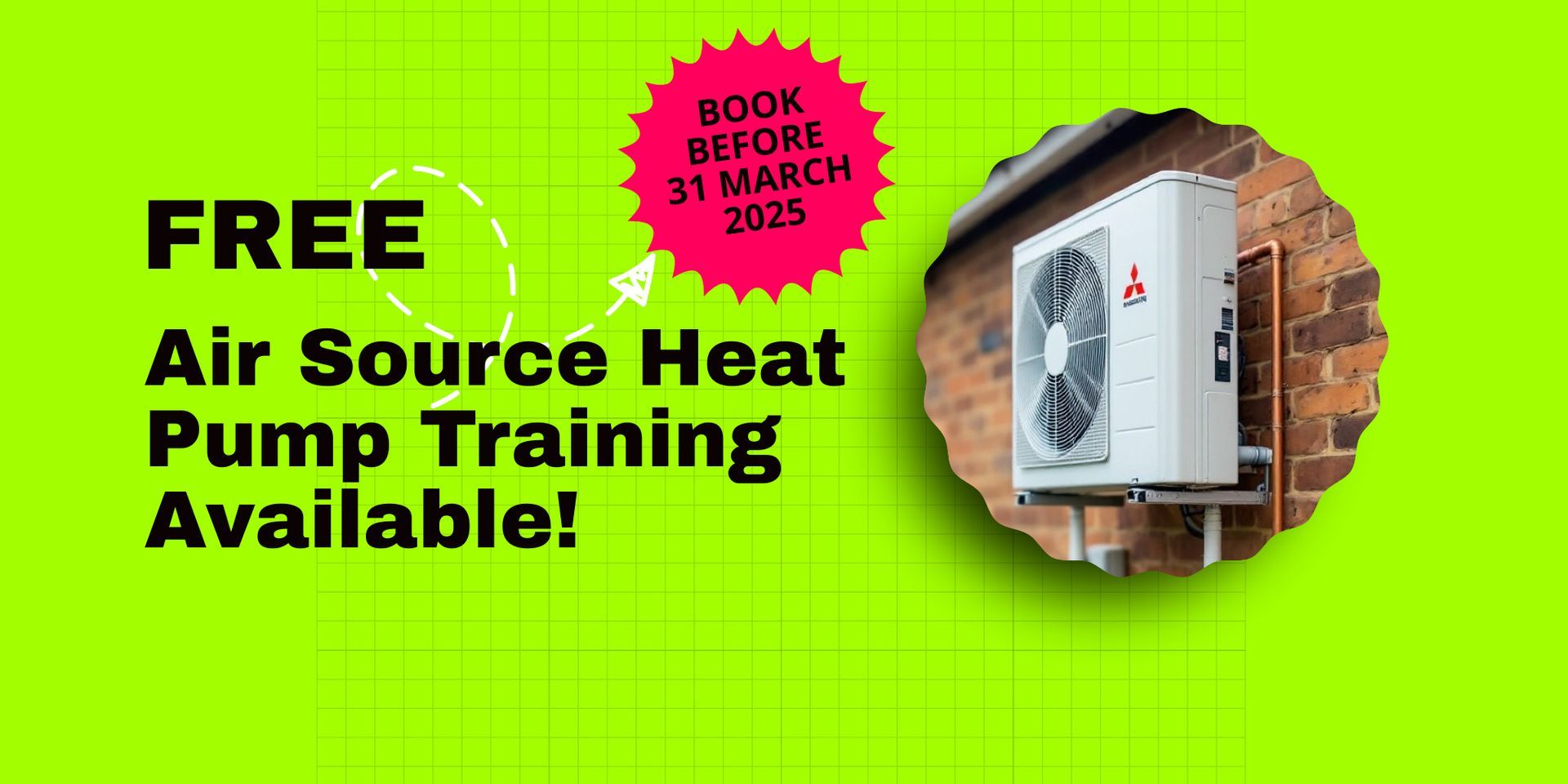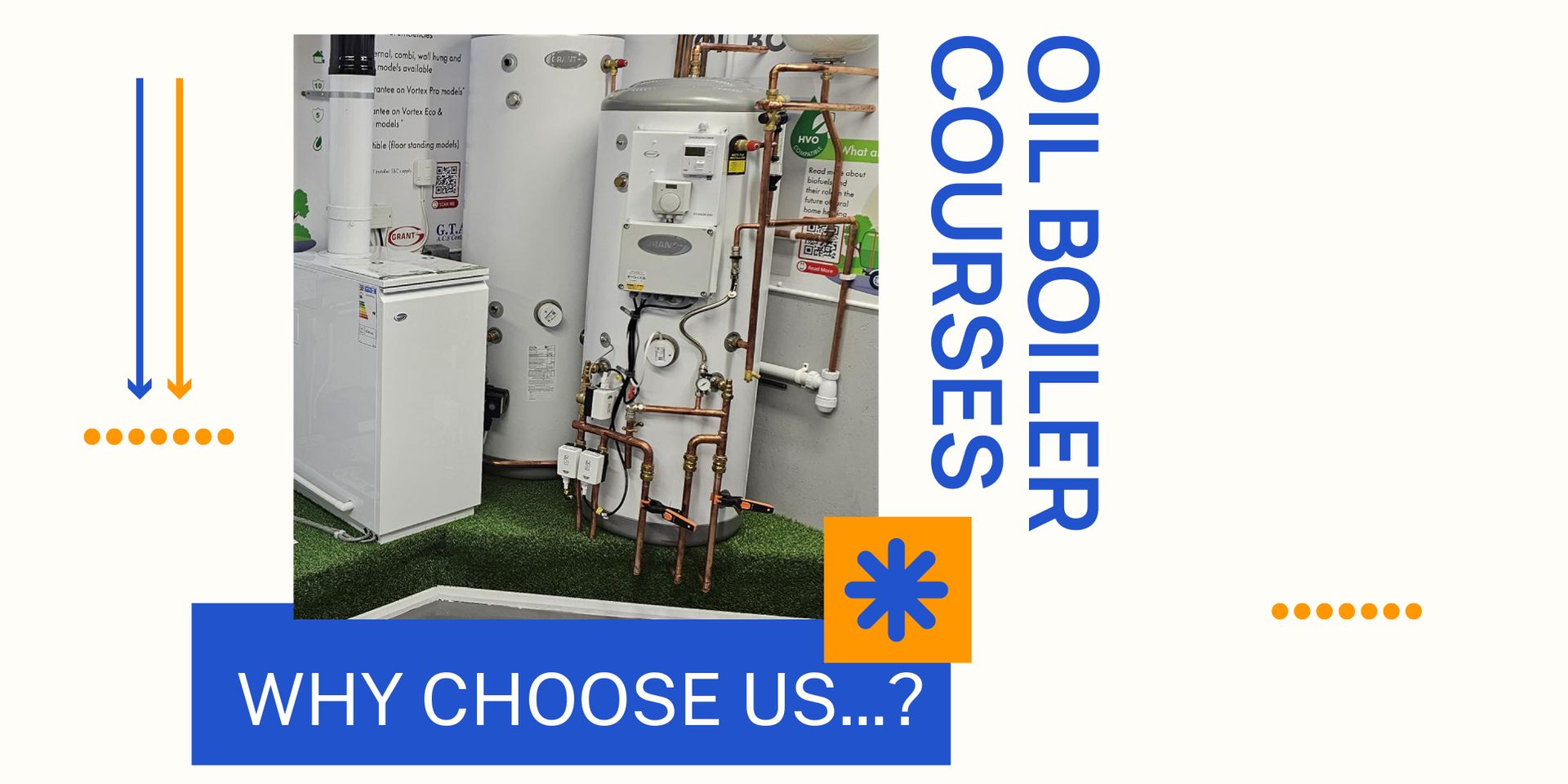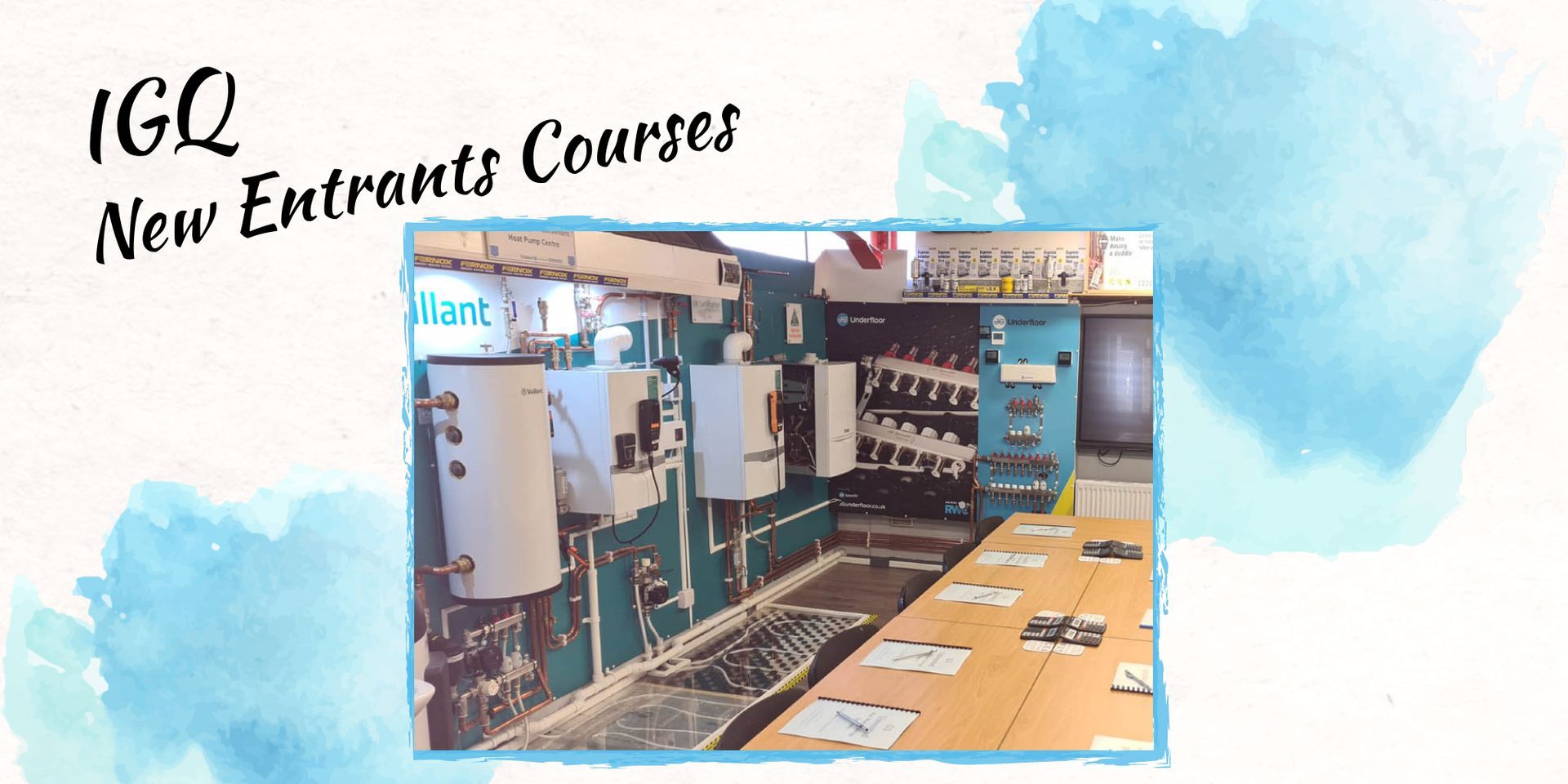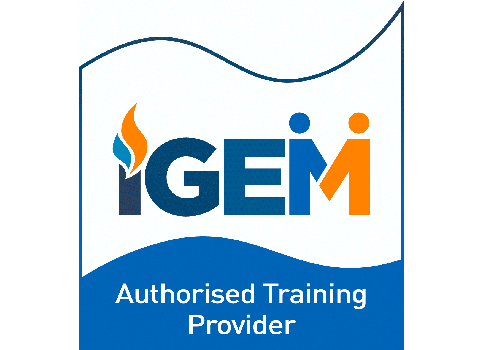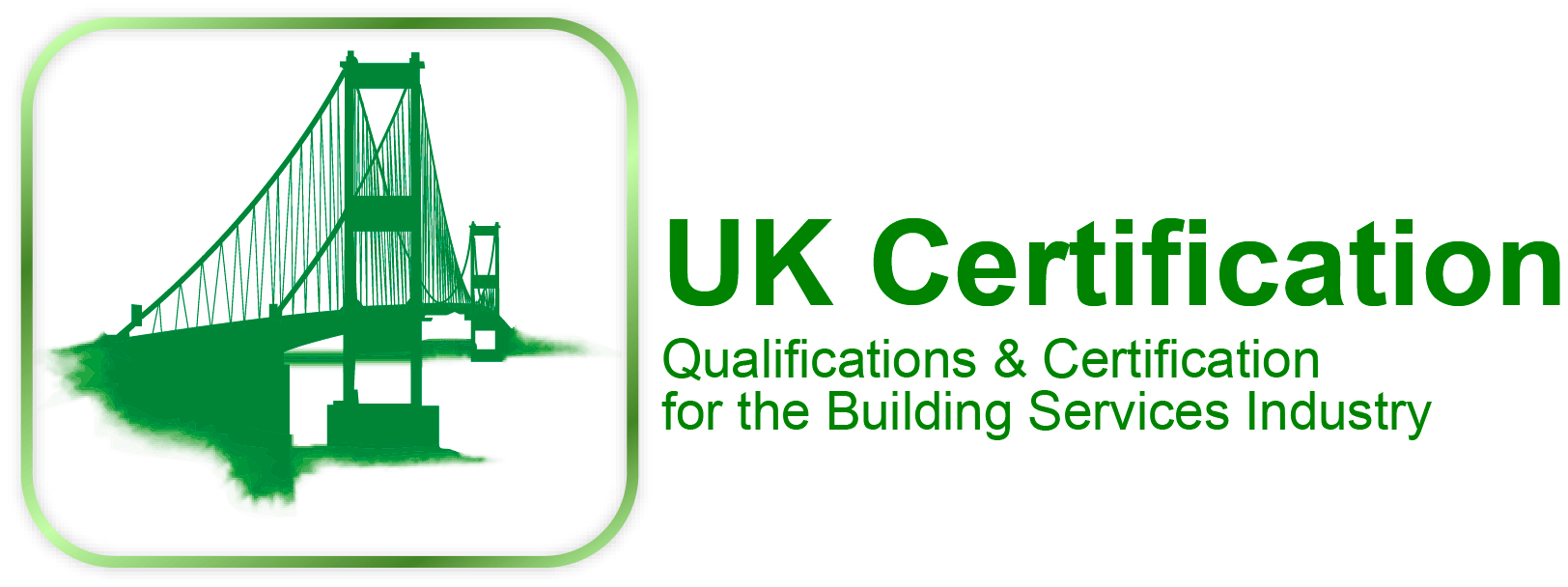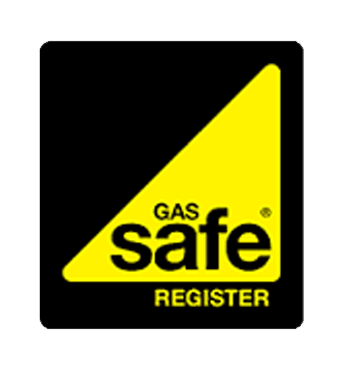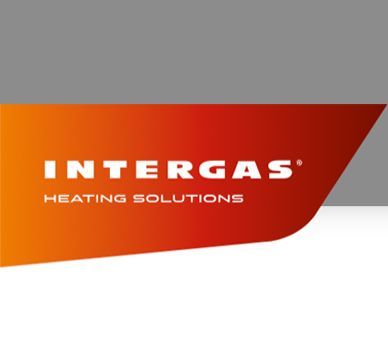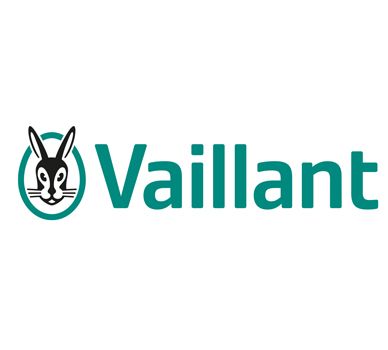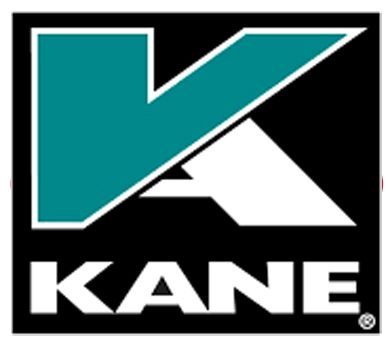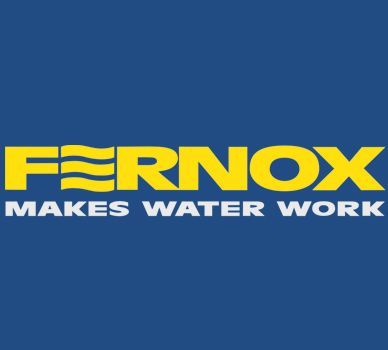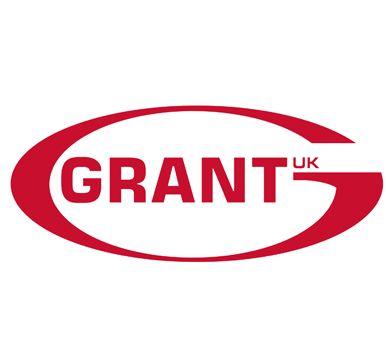What qualifications do I need to become a self-employed gas engineer?
One of the positive sides of the gas industry in particular is the opportunities it provides for self-employment
In any recession, competition for jobs suddenly becomes more intense as more people battle for fewer positions. The gas industry is no exception and while the bigger firms are still recruiting, those applying need to polish up their skills and experience to stand a bigger chance of selection.
One of the positive sides of the gas industry in particular is the opportunities it provides for self-employment. Whichever area of heating or gas work you choose to specialise, you’re entitled to work alone without supervision as soon as you’re fully qualified and a member of the Gas Safe Register . Although most people choose to work for a few years in the industry to gain the experience and contacts before going alone, there are no restrictions and you can start trading independently almost as soon as you’ve passed.
Figures from the Office of National Statistics show the number of people registering as self-employed increased by 367,000 between 2008 and 2012 – a period dominated by economic uncertainty. Around 60% of this increase happened during 2011 and 2012 and around 84% of the increase in those registering as self-employed were those aged 50 or over.
Becoming a self-employed gas engineer has its advantages. Like any self-employed trader, you’re entitled to claim a number of reliefs, expenses and allowances which helps to reduce your tax liability. In short, any cash you pump into your business such as running costs and mileage can be taken away from your business income. You are also entitled to claim tax relief for one-off capital items which help you run your business. Remember, however, that if you’re not employed by a gas firm as a trainee or apprentice, you will also have to pay for formal training. This is a cost which can be offset against your income when you start earning.
If you have limited on-site experience, you can complete a 14-week course (one day per week) before completing the CCN1 core gas safety assessment, Cenwat and CPA 1 (combustion performance analyser). For entrants with more on the job experience, tuition and formal assessments can take place in four or five days. Although both routes would enable you to work independently if you pass, the range of appliances you would legally be qualified to work on would be limited and further assessments would be needed to enable you to work on a wider range of gas facilities.
If you are interesting in attending a gas training course or to become Gas Safe, then please contact us here at Gas Training & Assessment on 01268 727797.





